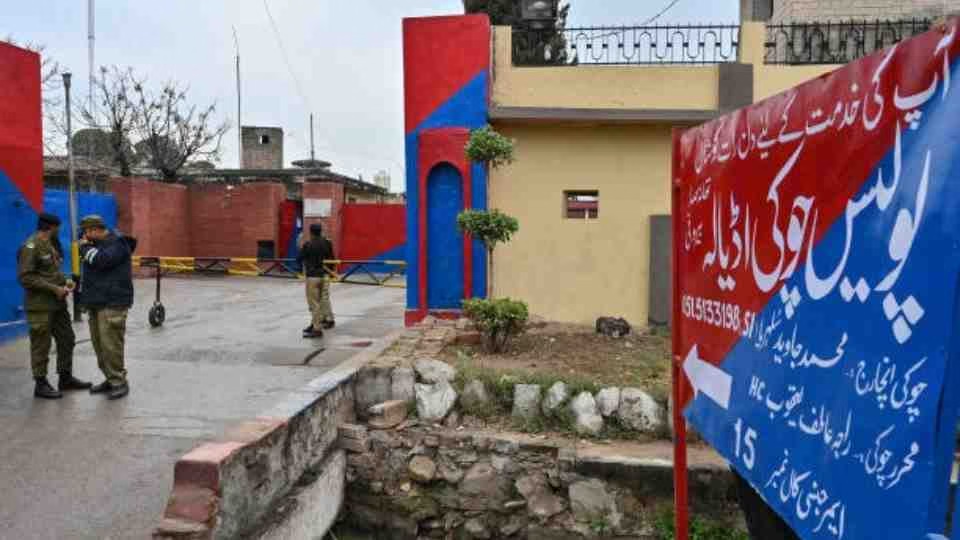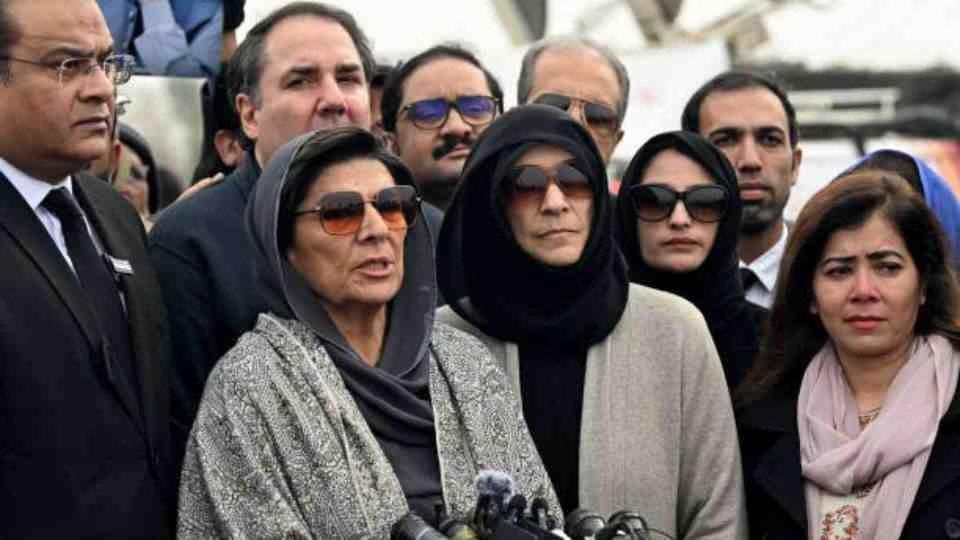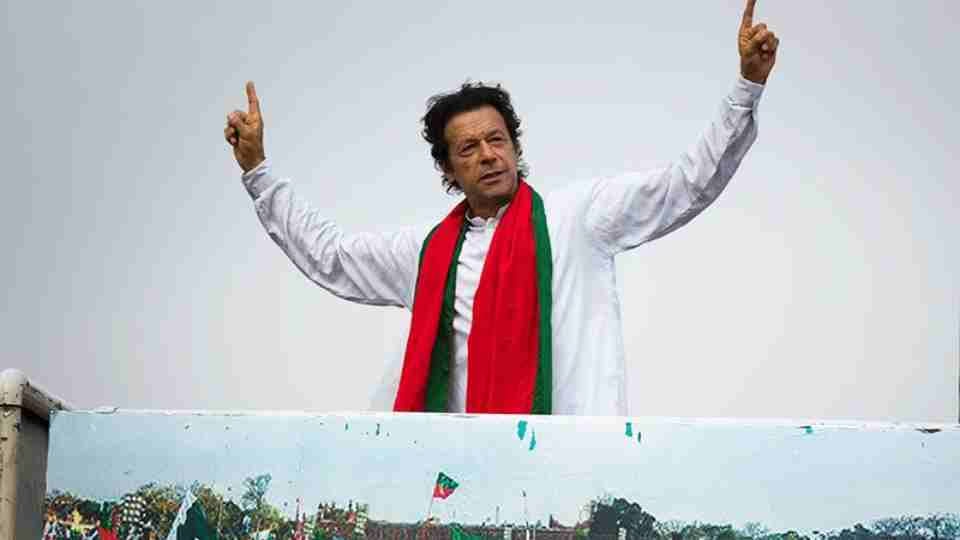RAWALPINDI – In a significant judicial development that addresses concerns over transparency and due process, the court handling the high-profile Toshakhana-II case has issued comprehensive written orders ensuring unrestricted access for both legal representatives and family members during jail hearings involving former Prime Minister Imran Khan and his wife, Bushra Bibi.

The Court’s Decision
Special Judge Central Shahrukh Arjumand delivered the pivotal ruling on August 26, 2025, directing Adiala Jail superintendent to implement immediate measures facilitating attendance rights. The written order specifically mandates that all lawyers who have properly filed their power of attorney documentation must be granted unimpeded entry to participate in the judicial proceedings.
The directive extends beyond legal representation, establishing clear guidelines for family access. The order made it clear that Khan’s family, if present outside the jail premises, must be allowed inside during the hearing. This provision ensures that immediate family members are not arbitrarily excluded from witnessing the legal proceedings against their relative.
Legal Challenge and Background
The court’s intervention followed a formal petition filed by Barrister Salman Safdar, who represents Imran Khan in the ongoing case. Barrister Salman Safdar, representing Imran Khan, filed an application challenging the limitations placed on lawyers and relatives, calling them unnecessary and unfair. The legal challenge specifically contested the restrictions that had been imposed during previous jail hearings, arguing that such limitations violated fundamental procedural rights.
The petition highlighted instances where both legal counsel and family members had been prevented from attending hearings, creating concerns about the transparency and fairness of the judicial process. These restrictions had generated controversy among legal circles and raised questions about whether the accused was receiving adequate legal representation and family support during critical proceedings.
Court’s Reasoning and Legal Principles
In crafting the written order, Judge Arjumand emphasized several fundamental legal principles that guided the decision. The court highlighted that access to legal counsel is a fundamental right that cannot be restricted during judicial hearings. The judge emphasized that denying lawyers entry into hearings undermines the accused’s ability to defend themselves properly.
The ruling also recognized the broader implications for procedural justice. The court reviewed the concerns, noting that transparency in proceedings requires both family presence and legal assistance, especially in a high-profile case involving public interest. This acknowledgment demonstrates the court’s understanding that high-profile cases require enhanced transparency measures to maintain public confidence in the judicial system.
Furthermore, the court recognized the psychological and emotional dimensions of legal proceedings. Legal experts believe that family presence also provides emotional support to the accused during sensitive hearings. This consideration reflects a more holistic approach to justice that acknowledges the human elements inherent in criminal proceedings.

Case Context and Public Interest
The Toshakhana-II case has garnered substantial public attention, making the court’s decision on access rights particularly significant. The case has attracted significant attention, making transparency even more important to prevent doubts about the fairness of proceedings. The charges against both Imran Khan and Bushra Bibi involve allegations related to the state gift repository known as Toshakhana, making public scrutiny inevitable.
The case represents part of a broader legal challenge facing the former Prime Minister, who has been dealing with multiple court cases since leaving office. The nature of these proceedings, conducted within jail premises, had created unique challenges regarding access and transparency that the current ruling seeks to address.
Implementation and Enforcement
The court’s written order includes specific implementation guidelines designed to ensure compliance. With the plea now disposed of, the jail administration has been instructed to follow the written orders without delay. Officials have been reminded that any further restrictions could be considered contempt of court.
This enforcement mechanism demonstrates the court’s commitment to ensuring that its directives are followed without bureaucratic delays or arbitrary interpretations. The threat of contempt proceedings provides a strong incentive for jail authorities to comply fully with the access requirements.
Impact and Future Proceedings
The ruling marks a relief for the PTI founder, his family, and legal team, ensuring smoother participation in upcoming hearings inside Adiala Jail. This development is expected to facilitate more effective legal representation and provide the emotional support structure that family presence can offer during challenging legal proceedings.
The decision also sets an important precedent for similar cases involving high-profile individuals, establishing clear expectations for how access rights should be balanced with security concerns in jail-based hearings. The ruling reinforces the principle that procedural rights cannot be compromised simply due to the location where proceedings are conducted.
Broader Legal Implications
This court order represents more than just a procedural adjustment; it embodies fundamental principles of justice including the right to adequate legal representation, family support during legal proceedings, and transparency in judicial processes. The decision acknowledges that effective defense requires not only legal expertise but also the moral and emotional support that family presence can provide.
The ruling also demonstrates judicial independence and commitment to fair proceedings regardless of the political prominence of the individuals involved. By ensuring equal access to legal representation and family support, the court has reinforced public confidence in the impartiality of the judicial system.
This development in the Toshakhana-II case continues to unfold as the legal proceedings progress, with the court’s commitment to transparency and due process now clearly established through this comprehensive written order.






